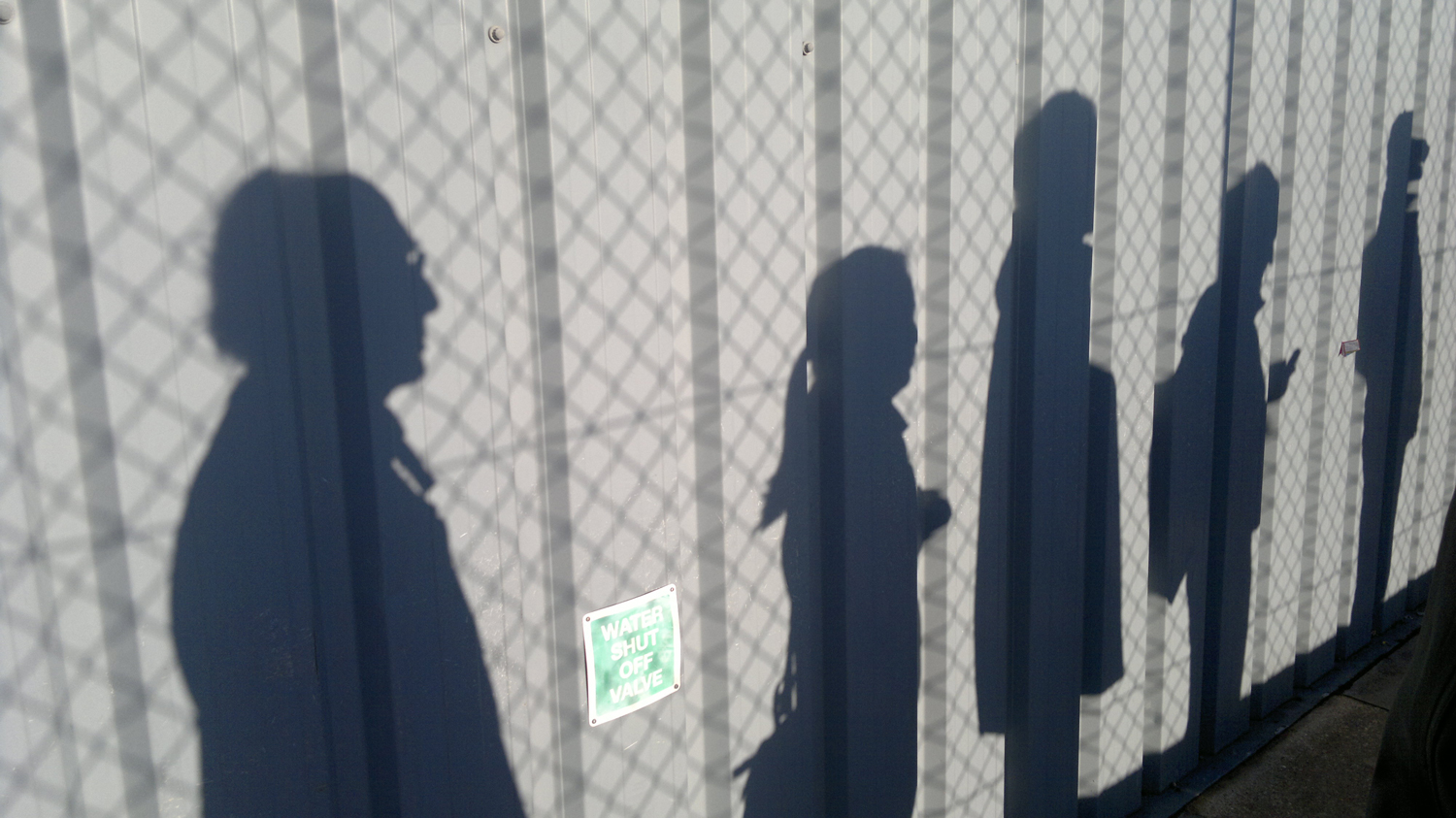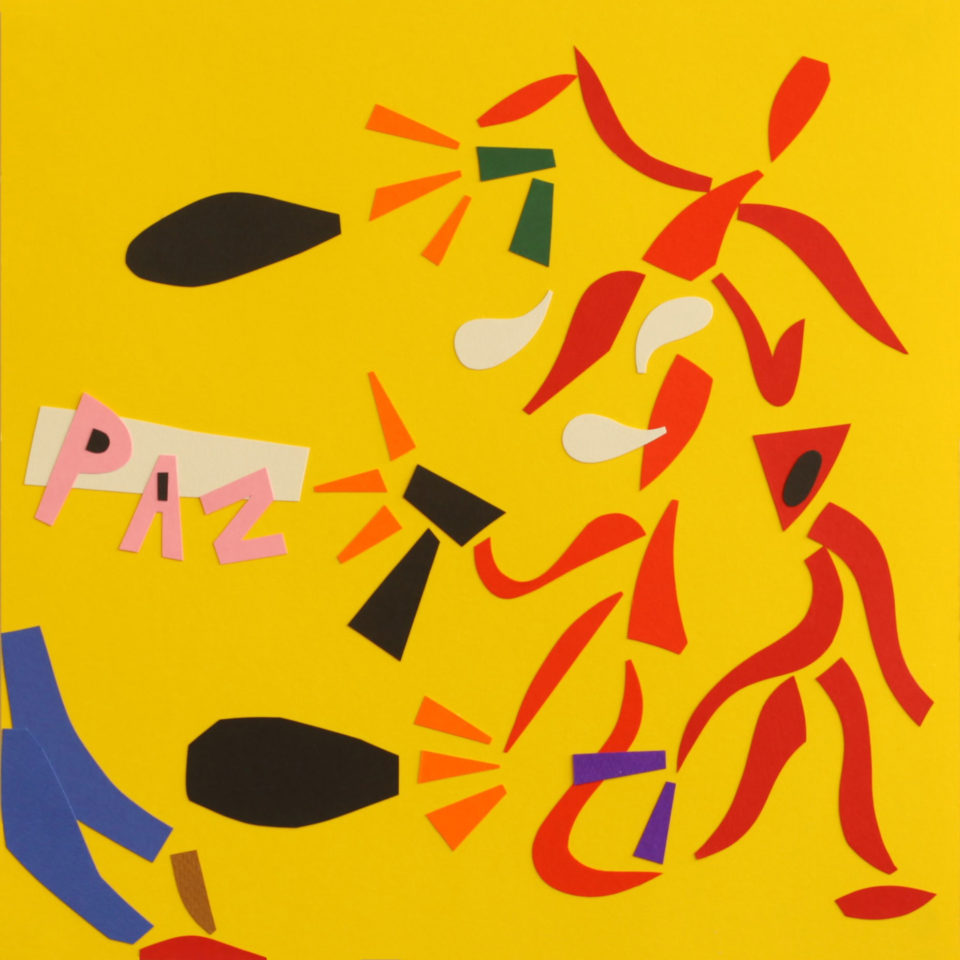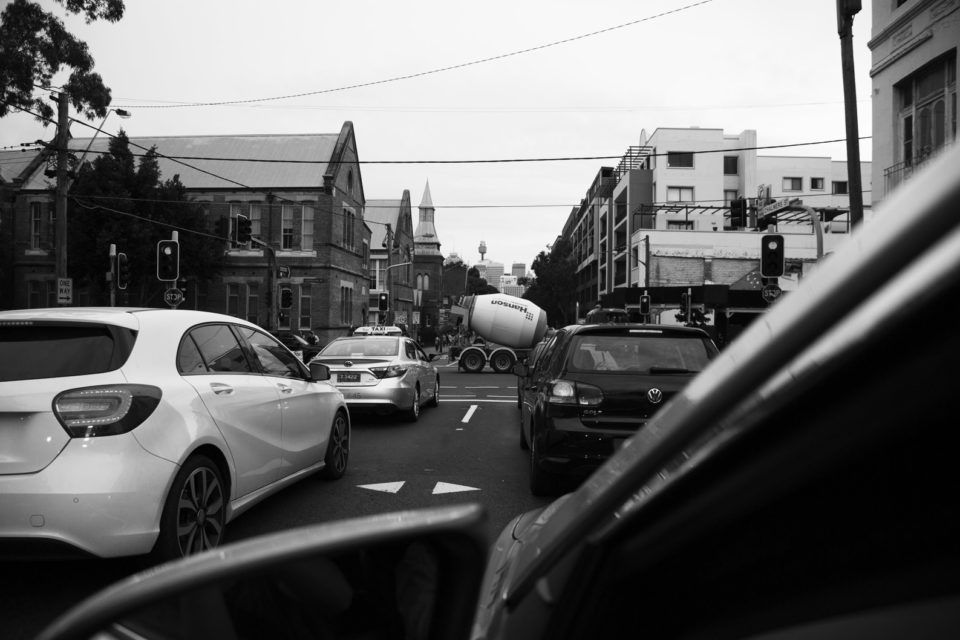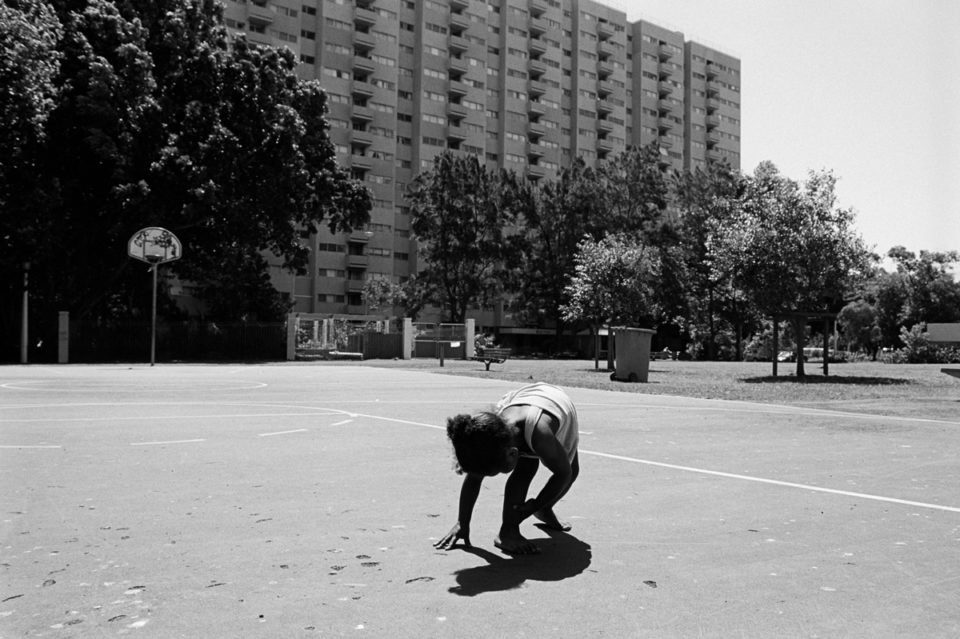Life is a queue. We are all in line for something. From pre-school, we hold hands and get in lockstep. We learn to wait our turn. It’s a universal law of social organisation.
A dear friend of ours died recently at St Vincent’s Hospice in Darlinghurst. Before it happened, when she was still with it, she used to tell us she was in God’s waiting room. She waited patiently in that queue for the best part of ten years. She was just shy of 95 when her turn came. She took it with a smile.
When did hospitals stop being landmarks and become destinations? A while ago, I went to the public section of St Vincent’s Hospital for a CT coronary angiogram. In the dully lit waiting room, people sat on hard plastic chairs. Weary eyes looked nowhere much. A television, at low volume, hummed above. The area behind reception had an urgent buzz and a multi-tasking woman gave me forms to fill out. Date of birth, address, marital status, religion, allergies, next of kin name and numbers. I sat down, using my own pen, to write my life story in boxes with headlines written by someone else. Under marital status I wrote: “irrelevant”.
An older woman put her arm around the man sitting next to her. People in bad shape rolled by on trolleys, privacy foregone for something involving tubes in arms. Most of us kept our gaze to ourselves.
A few more people entered the room at once and steadied themselves into a queue. I finished my forms and got up from my plastic chair. The woman at the head of the queue and I found ourselves two abreast at reception.
“This is a queue,” said the woman with a jut to her chin.
“I’m not trying to jump it,” I said. “We’ll ask.”
The multi-tasking reception woman reached forward to take my forms. “This woman says there is a queue. Should I go to the back?” I said.
“No,” said the multi-tasker. “You made an appointment and I need your forms.”
Little tensions like these play out every day in big city life where impatience is no character slur, one-upmanship a reflex. Part flaneur, part veteran news reporter, I’m always looking on with my trained observer’s eye, although I lay no claim to objectivity in telling you what I see.
Last year I went to the State Theatre in Market Street to see director Ivan Sen’s film Goldstone. The Sydney Film Festival queue for the dress circle ran up the stairs. We waited in line. An attendant ushered us forward into the dress circle foyer where the crowd was thinner and the queue lost its form. We moved towards the next officials poised to give us the nod when the time was right to go in. We were maybe 80 people gathered to take our unallocated spots among the hundreds of plush, red seats in the historic theatre’s top section. As we took seats a couple of rows back from the barrier waiting for lead actor Aaron Pedersen to come on stage for a pre-film chat in his thongs, a woman behind us said:
“There are those people who pushed in.”
Our section of the theatre was not yet full. There were still plenty of good seats. I turned to look at her.
“We didn’t push in. We were told to move.”
“Oh yeah? Who by?”
“An usher.”
“You didn’t have to move to the front.”
The lights went down and Pedersen filled the screen as the drunk cop Jay Swan, riding (or being ridden) into town to cause trouble for the corrupt wheelers and dealers of the aptly named mining town of Goldstone.
The woman and her friends unpacked and ate their snacks. She was right. We didn’t have to move to the front. But the rules were loose and I didn’t think anyone’s experience was lessened by us having done so. I do try to be conscious of these things. Goldstone was about people taking things that aren’t theirs to take – from Aboriginal people as well as others: sex, lives and mining profits. Had we taken something we shouldn’t have? The moral dilemma distracted me from the film at first. But I got over it.
There are businesses that specialise in queue merchandising solutions to exploit boredom and wallets to make people waiting in lines buy things. The British are apparently renowned for their queuing etiquette. A June 2016 article in The Times said there were two rules to queuing in the UK: never talk to others in line, and don’t cause a scene if someone pushes in. According to The Times article:
Dr Zsuzsanna Vargha, a queueing expert at the University of Leicester, said: “We as social beings are very reluctant to allow a social situation to break down, and this is why people do not challenge queue jumpers.”
In Australia we do. When did we become so ready to accuse, so hyper-vigilant that a place in the queue, however it may be defined, has become a symbol for so much else? Is it our fear of someone getting the better of us, of losing our place, the dread that our hold on our position in life is tenuous at best? Asylum seekers are queue jumpers. Or so it is said in tabloid media.
Who among us has not queue jumped? In 2007, the then president of the Canadian Medical Association, Dr Brian Day, admitted he had jumped the country’s medical queue to expedite a CT scan for his daughter who had a tumour in her leg that was suspected of being cancerous. He further admitted that he himself had skipped a long queue by using his connections when he needed knee surgery. He believed it was unrealistic to expect people not to use their connections when their own health or that of a family member was in the balance. I’d do it.
I tried to remember all the times I have queue jumped. Apart from the questionable 2016 Sydney Film Festival incident, I couldn’t remember any – although I know, like the politician’s failure to remember an expensive gift, there have been some. I widened my remit. When had my white middle class privilege given me an advantage over others in Australia?
An example came to mind. I got my start in journalism through my dead father’s contacts. Even as I admit that, I feel the urge to excuse it by saying that I was far from alone on that score. We trainee journalists with family connections called ourselves nepos. Some of us had successful careers as journalists, others didn’t. But it was a head start many didn’t get. There were few with non-Anglo Celtic names and no people of colour who received journalism cadetships during the first five years of my career in our multi-cultural country.
I once met a German-born man at a corporate lunch. An academic, he seemed in poor spirits and I tried hard to talk to him. Amid the tables of suits, ties and women wearing high heels, this man had long hair and wore a crumpled linen jacket. He was out of place. To an extent, so was I. We soon shared the fact that we were both the children of parents from families who sympathised with the Nazis during World War 2. We discussed this as cutlery clinked and Sydney Harbour sparkled through the windows below. The man told me his father and mother remembered their days in the Hitler Youth as some of their happiest. I told him my own mother remembers falling over, aged three, on a beach in Estonia before being picked up and returned to her mother by a young man in Nazi uniform. This was the Nazism they saw. The man in the crumpled linen jacket and I knew the weary social shorthand of people who’ve found themselves on the other side of their political heritage, who’ve dug it up, questioned it and not shied away.
But the present source of this man’s despair was not fascist Germany. It was Australia’s treatment of asylum seekers. He told me he made regular visits to Villawood just to talk, for that is all that is allowed, to residents there. He did what he could. He praised German leader Angela Merkel for spending political capital by opening her country’s borders to refugees. We discussed the cruelty and lack of compassion of Australia’s governments on both sides of politics. The man feared we were heading down a wrong path. Mistakes, perhaps history, might be repeated. I agreed. Coffee was served with petits fours.
The lunch we were at was to celebrate a landmark anniversary for a leadership mentoring program for high school students. Adult mentors from corporate organisations were to join facilitators in classrooms to work with students on projects to address homelessness, racism, and poverty, among other social issues. I had been one of the mentors in a selective government school where a room full of girls from many cultures chose to focus on homelessness. Their choice was based, in part, on the problem’s visibility, the individuals they saw and came to recognise each day on the streets of Sydney.
It was also based on their ability to access the issue. Secondary school students in leadership mentoring programs are never going to get anywhere near our detention centres. Imagine if any young idealists did. They hear our politicians talking about queue jumpers and people so foolish they risk their lives on boats to gain advantage over those who queue up in a non-existent line to take their unearned place in this country.
The writer Maxine Beneba Clarke said when you are accustomed to privilege, equality feels like oppression. Doors must be slammed on acts of usurpation. The rightful order of the queue to get on the bus or into the country must always be preserved for those who arrived first. This is the hypocrisy at the heart of our nation – and, perhaps, our attitude to queues. Most of us were not here first.





